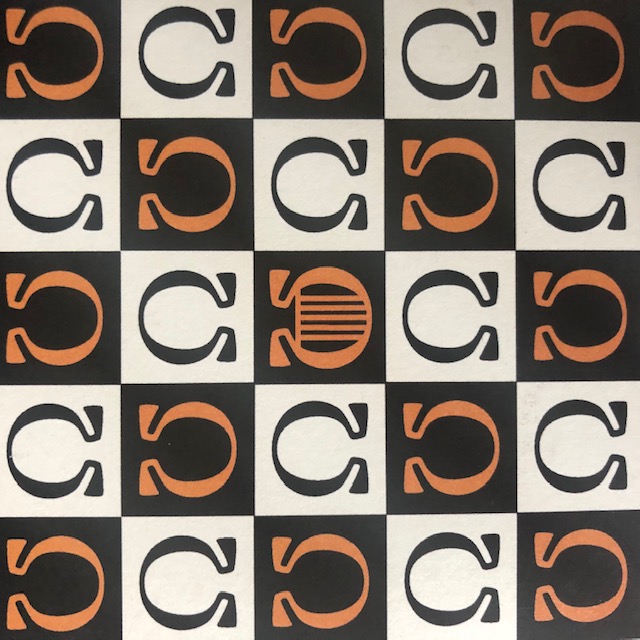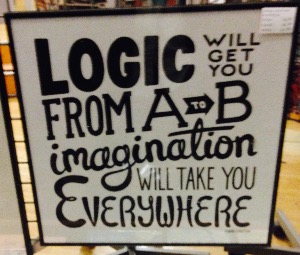These pages provide information about recent developments at or relevant to the ILLC. Please let us know if you have material that you would like to be added to the news pages, by using the online submission form. For minor updates to existing entries you can also email the news administrators directly. English submissions strongly preferred.
The calender view is not available on the mobile version of the website. You can view this information as a list.
You can also view this information as a list or iCalendar-feed, or import the embedded hCalendar metadata into your calendar-app.
| << February 2020 | ||||||
|---|---|---|---|---|---|---|
| Sunday | Monday | Tuesday | Wednesday | Thursday | Friday | Saturday |
|
1
|
||||||
|
2
|
3
|
4
|
5
|
6
|
7
|
8
|
|
9
|
10
|
11
|
12
|
13
|
14
|
15
|
|
16
|
17
|
18
|
19
|
20
|
21
|
22
|
|
23
|
24
|
25
|
26
|
27
|
28
|
29
|

4 February 2020, joint EXPRESS-DiP Colloquium, Daniel Rotschild
On the Lockean thesis one ought to believe a proposition if and only if one assigns it a credence at or above a threshold (Foley 1992). The Lockean thesis, thus, provides a way of linking sets of all-or-nothing beliefs with credences. Recent work on the lexical semantics of attitude verbs such a 'think’ and ‘believe’ suggest that Lockeanism is more plausible than the view that believing a proposition requires having full confidence in it (Hawthorne, Rothschild and Spectre, 2016). In this talk, I will give two independent characterizations of sets of full beliefs satisfying the Lockean thesis. One is in terms of betting dispositions associated with full beliefs and one is in terms of an accuracy scoring system for full beliefs. These characterizations are parallel to, but not merely derivative from, the more familiar Dutch book (de Finetti 1974) and accuracy arguments (Joyce 1998) for probabilism.

4 February 2020, DIP Colloquium, Daniel Rothschild

5 February 2020, LUNCH Seminar, Arianna Betti
How can we ensure trust in machines? In particular, how can computational text analysis, an important sector of AI, ensure trust in its algorithms? The sector is booming, and its real-life applications ubiquitous. But how comfortable are you with having an AI assess whether your mum's calls to 112 are really urgent? Having your brother defended by a legal AI? Have software decide whether you'll get the next grant? I bet your answers vary from 'not very much' to 'not at all': what do you think should happen to remedy this situation? Is this something that we, the ILLC community, substantially can contribute to? If so, how, ideally?

6 February 2020, Logic and Interactive Rationality (LIRa), Johan van Benthem

7 - 8 February 2020, Workshop "Propositions, properties, sets, and other abstract objects"
This workshop brings together scholars working on the philosophy of language, philosophy of mathematics, philosophy of logic, and metaphysics, to present recent work on propositions, propositional functions, properties, sets, numbers, composite objects, and truth.

7 - 8 February 2020, Workshop "Propositions, properties, sets, and other abstract objects"
This workshop brings together scholars working on the philosophy of language, philosophy of mathematics, philosophy of logic, and metaphysics, to present recent work on propositions, propositional functions, properties, sets, numbers, composite objects, and truth.

12 February 2020, Logic of Conceivability seminar, Heinrich Wansing

12 February 2020, Logic of Conceivability seminar, Christopher Badura

13 February 2020, Logic and Interactive Rationality (LIRa), Declan Thompson

14 February 2020, Cool Logic, Joseph McDonald
In this talk, I will exposit the fundamental ideas underlying my current independent research project with Nick Bezhanishvili, in which I am attempting to give a choice-free topological representation of ortholattices. The standard topological representation of ortholattices, distributive lattices, and Boolean algebras, relies upon a nonconstructive choice principle, equivalent to the Boolean prime ideal theorem - which guarantees the existence of sufficiently many ultrafilters. My topological representation of ortholattices combines Bimbo's 2007 orthospace approach to choice-dependent Stone duality for ortholattices with Bezhanishvili and Holliday's 2020 spectral space approach to choice-free Stone duality for Boolean algebras. My aim for this talk is to give a gentle and welcoming overview of my research project and its surrounding subject matter.

19 February 2020, Algebra|Coalgebra Seminar, Iris van der Giessen
Abstract:
I would like to present ongoing work on intuitionistic modal logics iGL and iSL which have a close connection to the (unknown!) provability logic of Heyting Arithmetic. Classically, Gödel-Löb logic GL admits a provability interpretation for Peano Arithmetic. iGL is its intuitionistic counterpart and iSL is iGL extended by explicit completeness principles. I will characterize both systems via an axiomatization and in terms of Kripke models. The main goal is to understand their admissible rules in order to get insight in the structure of those logics. To do so, I want to focus on one step in this direction: Ghilardi’s wonderful result connecting projective formulas to the extension property in Kripke models.

20 February 2020, Logic and Interactive Rationality (LIRa), Maria Aloni

21 February 2020, MLC (Meaning, Language and Cognition) seminar, Jos Tellings
The ILLC has a new lecture series, the Meaning, Language and Cognition (MLC) seminar, presenting research relevant to the Logic and Language group. The first speaker of the MLC seminar will be Jos Tellings (Utrecht), discussing when 'if' or 'when' are specifying modals.
Abstract. In this talk I analyze a construction in which specificational 'namely' takes a modal expression as antecedent, and an if- or when-clause as argument (example: "Working as a filmmaker can be taxing, namely if you're required to get sleek product shots"). Such cases do not satisfy previously claimed generalizations about the behavior of 'namely' in Anderbois & Jacobson (2018) and Onea (2016). Moreover, they show that modal expressions can raise an implicit question that gets answered by an if/when-clause. Not all types of modals allow this – I argue it is restricted to Portner's (2009) category of "quantificational modals". This work gives insights into the inquisitive character of modal operators: following Portner's (2009) proposal for quantificational modals, we find a difference in inquisitiveness between quantifying over situations and quantifying over worlds.

25 February 2020, EXPRESS seminar, Manfred Krifka
It is commonly assumed that assertions can be weakened or strengthened. In this talk I will identify two linguistic strategies that lead to the impression of changing assertoric strength and that are arguably embodied in the structure of assertive clauses. I will argue for a specific syntactic implementation, postulating a “Commitment Phrase” that takes a “Judgement Phrase” as a complement, which can house different linguistic modifiers or head features. I will show that a semantic interpretation format in which judgement and commitment operators are just treated as non-at-issue meanings on a separate level of semantic interpretation is not sufficient and argue for a theory in which those operators are conceived as means to put the core proposition into the common ground.

27 February 2020, Logic and Interactive Rationality (LIRa), Alexandru Baltag

28 February 2020, Causal Inference Lab reading group
On Friday the Causal Inference Lab reading group will meet to discuss the following paper Laura Franklin-Hall (2015), Explaining causal selection with explanatory causal economy. Click here for a preprint (doi: 10.1007/978-94-017-9822-8_18).
Everyone with an interest in causal inference is very welcome to attend!

28 February 2020, Cool Logic, Angelica Hill
The semantic literature on question-embedding predicates has generally focused on the restrictions of certain predicates and the complements they can take as argument. However, the discussion becomes even more convoluted when we take the analysis cross-linguistic. My presentation explores the `que+ indirect question' construction that exists in Spanish, but not in English. The construction allows for a Spanish speaker to use a larger set of verbs to unambiguously report a question than the English speaker, and proves that a more detailed analysis of question-embedding predicates is needed. I will introduce this construction, explore some possible explanations for why certain verbs allow the construction while other prohibit it, and show why this puzzle is not merely a semantic one, but a syntactic one. It's going to be very verby!
